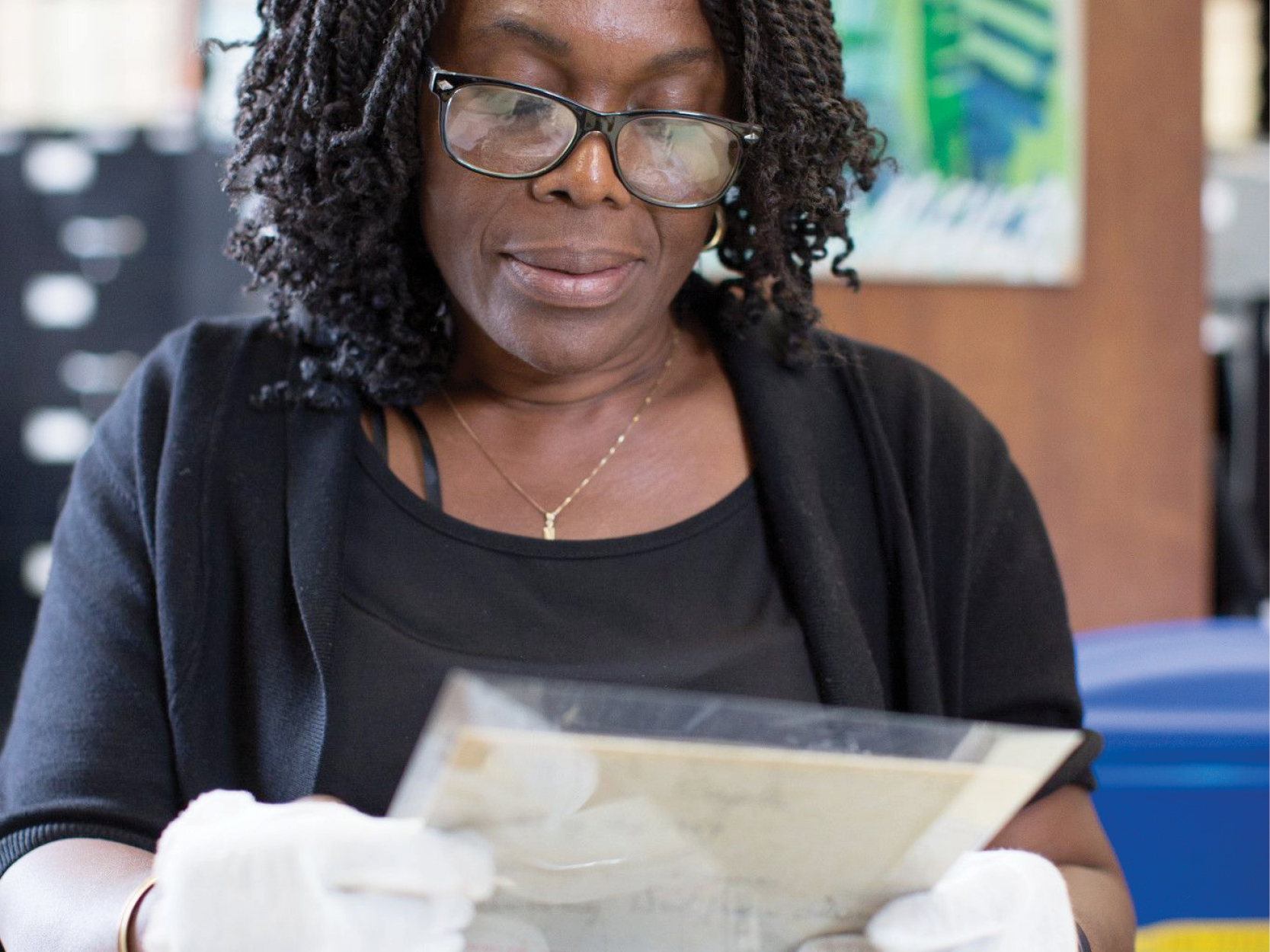For 150 years, historians have debated Abraham Lincoln's motivations, feelings, and beliefs about slavery and emancipation. What motivated him to issue the Emancipation Proclamation? Did he free slaves in rebel states for political expediency, or for moral reasons? What did Lincoln think or say in the moments before he signed the document that declared "forever free" over 3,000,000 enslaved men, women, and children?
In the months and years after 1863, and certainly after Lincoln's death, friends and colleagues recorded their recollections of Lincoln's more personal moments. One of those people was Frederick Seward, the son of Secretary of State William Seward. The younger Seward was serving as Assistant Secretary of State when Lincoln signed the proclamation. On New Years Day 1863, he accompanied his father, who brought the Emancipation Proclamation to the White House, and witnessed Lincoln put pen to paper. He later recalled Lincoln's words just before he signed the document:
“I never in my life felt more certain that I was doing right than I do in signing this paper. But I have been receiving calls and shaking hands since nine o'clock this morning til my arm is stiff and numb. Now, this signature is one that will be closely examined, but if they find my hand trembled, they will say, 'he had some compunctions.' But anyway, it is going to be done.”
Of course, many other friends and witnesses gave slightly different accounts of the events of that morning. The discrepancies between them remind us that memories, reshaped by the scrim of hindsight and the strains of time, often tell us more about the time in which they are recorded than the time they recall.
After Lincoln's death, moreover, many used their stories of Lincoln to reinforce aspects of his beliefs and to shape his legacy. The Lincoln quote recalled by Frederick Seward tells the reader that if Lincoln's hand trembled, it was because it was fatigued, not because he had any reservations whatsoever about the freeing of millions of people in bondage. Recall that Lincoln did in fact advocate more conservative paths to emancipation - including colonization and compensated emancipation - even up to the months before the proclamation was issued. Seward's recollection was meant to obscure that conservatism, to counteract any lingering belief that Lincoln was ambivalent about ending slavery.
Tomorrow, on Abraham Lincoln's birthday, recall that Lincoln was himself a man - a complex, visionary, and imperfect man - but that after his death, his persona also shouldered an enormous legacy. For better or for worse, it can be difficult to locate the "real" Lincoln 150 years later.
Source: Abraham Lincoln as recollected by Frederick W. Seward, from Don Edward Fehrenbacher and Virginia Fehrenbacher, eds. The Recollected Words of Abraham Lincoln (Stanford University Press, 1996), 397.
This blog post reflects the opinions of the author and does not necessarily represent the views of Brooklyn Public Library.
Post a Comment
While BPL encourages an open forum, posts and comments are moderated by library staff. BPL reserves the right, within its sole discretion, not to post and to remove submissions or comments that are unlawful or violate this policy. While comments will not be edited by BPL personnel, a comment may be deleted if it violates our comment policy.
eNews Signup
Get the latest updates from BPL and be the first to know about new programs, author talks, exciting events and opportunities to support your local library.







